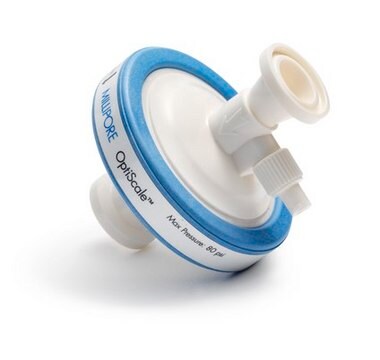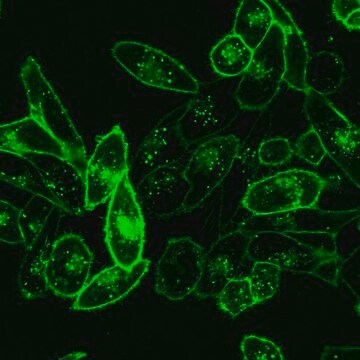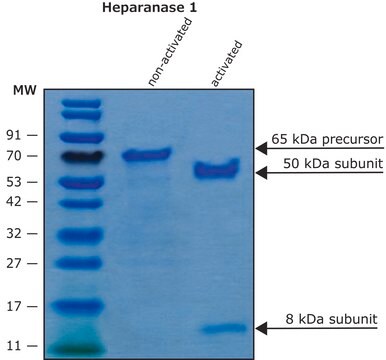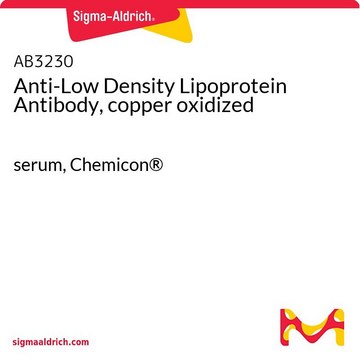CRI-G1
87052701, rat pancreas, Epithelial
About This Item
Productos recomendados
Nombre del producto
CRI-G1, 87052701
biological source
rat pancreas
growth mode
Adherent
karyotype
Not specified
morphology
Epithelial
products
Insulin and glucagon
receptors
Not specified
technique(s)
cell culture | mammalian: suitable
relevant disease(s)
cancer
shipped in
dry ice
storage temp.
−196°C
Cell Line Origin
Cell Line Description
DNA Profile
Culture Medium
Subculture Routine
Other Notes
Elija entre una de las versiones más recientes:
Certificados de análisis (COA)
Lo sentimos, en este momento no disponemos de COAs para este producto en línea.
Si necesita más asistencia, póngase en contacto con Atención al cliente
¿Ya tiene este producto?
Encuentre la documentación para los productos que ha comprado recientemente en la Biblioteca de documentos.
Contenido relacionado
We offer more than twenty ECACC pancreatic cancer cell lines of human, rat, or mouse origin, including PANC-1. Choose cells based on mutations in KRAS, TP53, SMAD4, and other key genes, or by demonstrated suitability for applications such as toxicity, xenograft models, and drug response studies.
Nuestro equipo de científicos tiene experiencia en todas las áreas de investigación: Ciencias de la vida, Ciencia de los materiales, Síntesis química, Cromatografía, Analítica y muchas otras.
Póngase en contacto con el Servicio técnico




